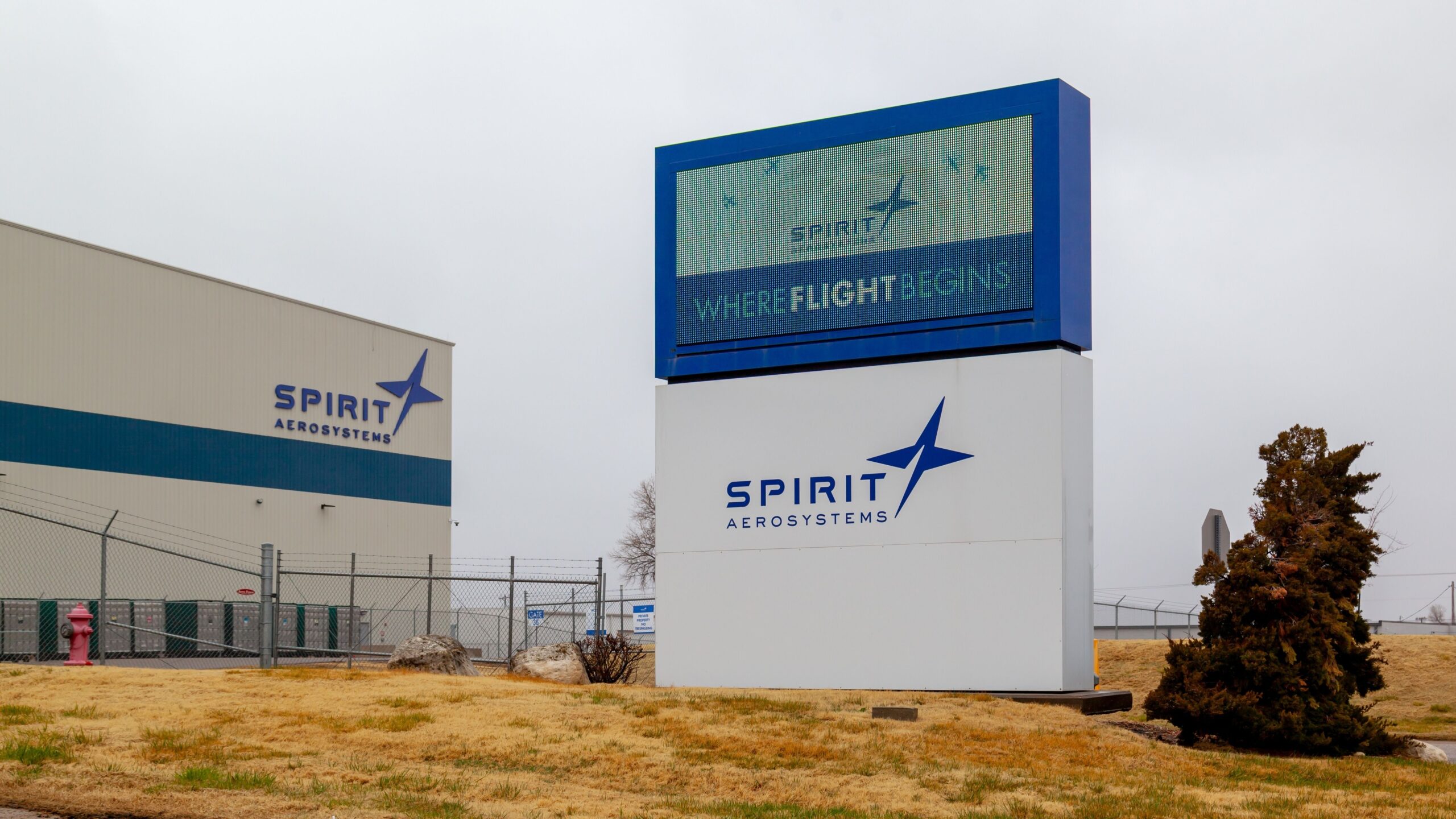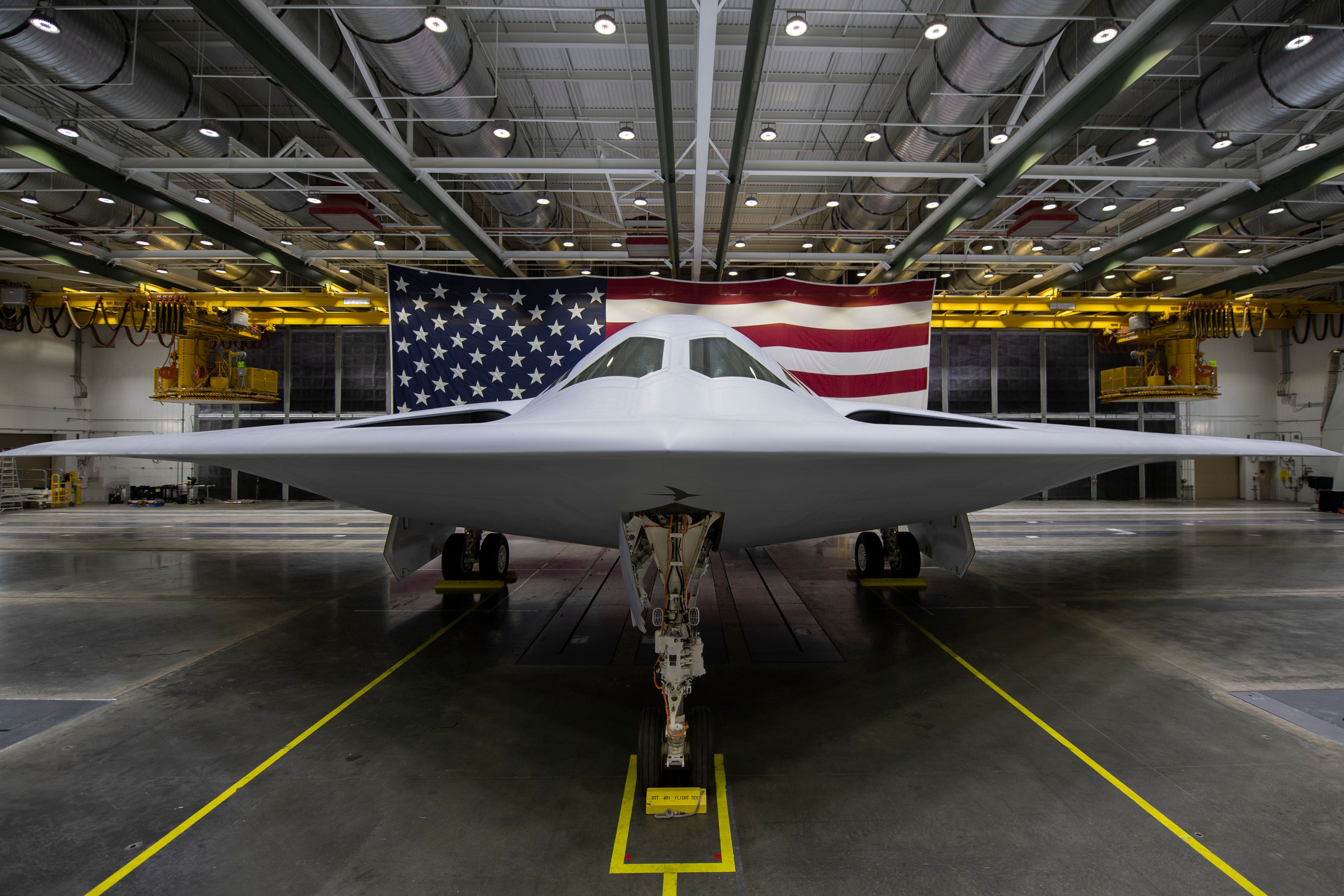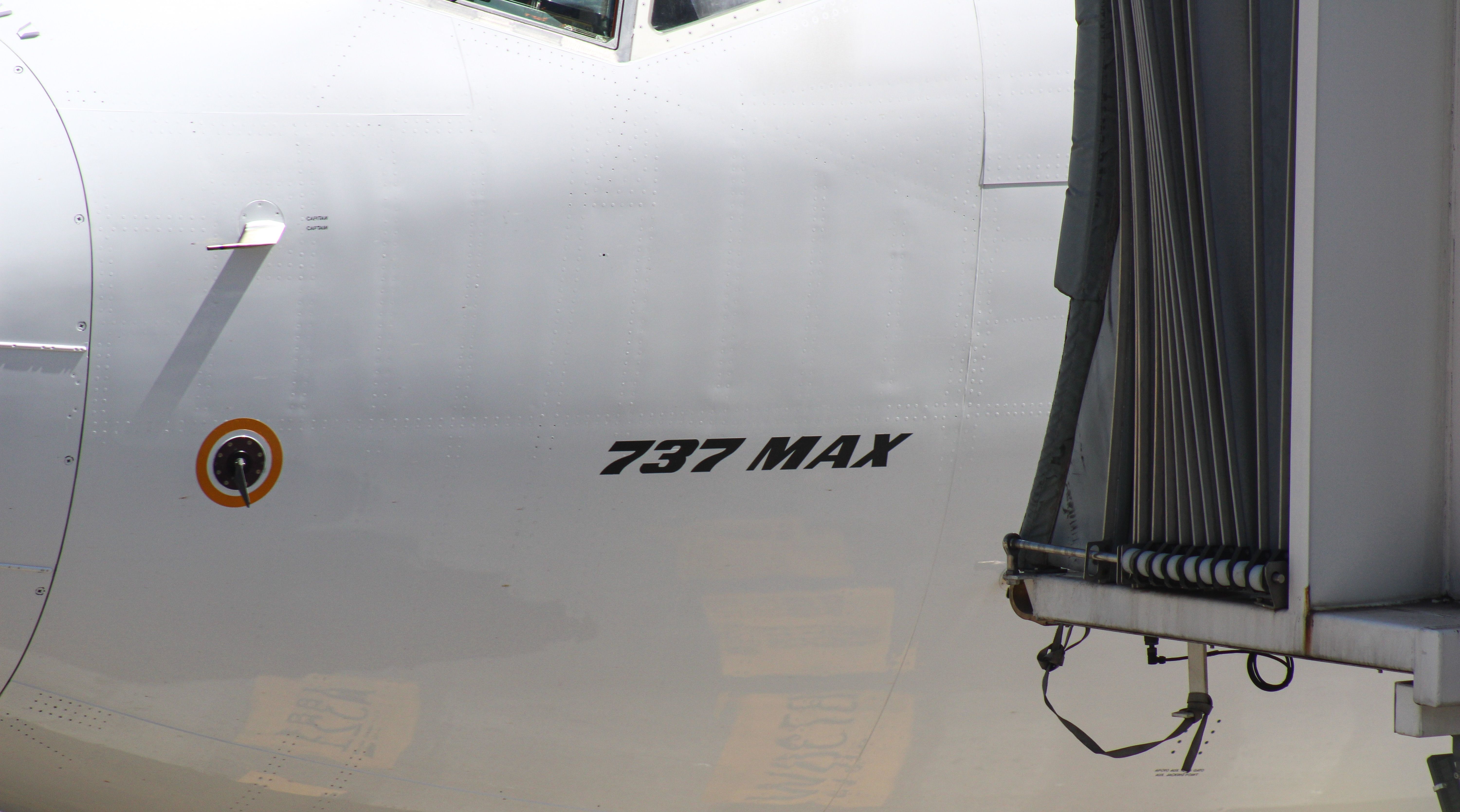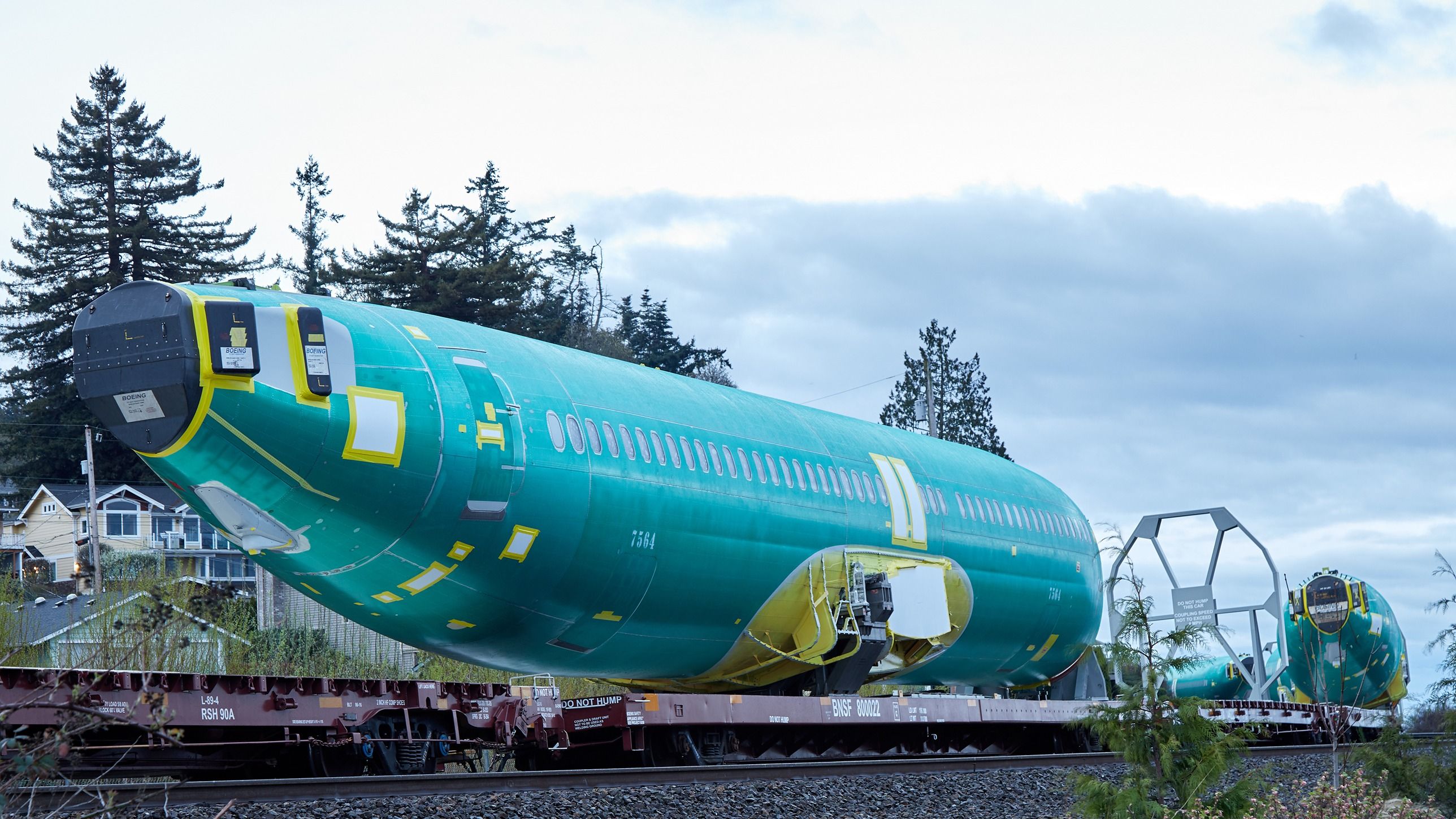Summary
- Boeing has emphasized that it would aim to ensure the continuity of Spirit AeroSystems’ work with defense and space customers, including the United States government.
- Suppliers working with Spirit AeroSystems have expressed uncertainty ahead, with questions about their future still being unanswered.
- Boeing announced its deal to acquire Spirit AeroSystems on July 1, with the company expecting to close the transaction in mid-2025.
While Boeing’s acquisition of Spirit AeroSystems should result in quality and safety improvements within the manufacturer’s commercial aircraft programs, including the Boeing 737 and 787, some defense suppliers are uncertain about their future after the aircraft manufacturer has entered into an agreement to purchase the supplier.
Uncertainty ahead
Multiple executives from defense industry suppliers have told the Wichita Business Journal that uncertainty lies ahead, as it was unclear how Boeing, which should finalize its agreement to purchase Spirit AeroSystems in mid-2025, would handle the supplier’s defense and space-related programs.
According to Spirit AeroSystems, in addition to working with Airbus, Boeing, and Bombardier commercial and private aircraft, it provides parts and sections for the Boeing KC-46A, P-8 Poseidon, Lockheed Martin CH-53K King Stallion helicopter, Bell V-280 Valor, and Northrop Grumman B-21 Raider.
Photo: U.S. Air Force
During the company’s latest earnings call for Q1 2024 in May, Patrick Shanahan, the president and chief executive officer (CEO) of Spirit AeroSystems, largely focused on challenges related to work for Airbus and Boeing, remarking about short-term and long-term issues and areas of focus for the supplier.
“While it’s not been the focus of my opening remarks today, I want to highlight the strong performance of the Defense and Aftermarket teams. They continued to execute day in and day out and are performing to their commitments operationally and financially.”
Mark Suchinski, the senior vice president and chief financial officer (CFO) of Spirit AeroSystems, reiterated the uplifting performance of the company’s defense and space division, noting that its revenues grew to $251 million, driven by higher activity on development and classified programs, as well as the CH-53K and Future Long-Range Assault Aircraft, namely the Bell V-280 Valor, programs.
“Operating margin of 13% in the first quarter increased compared to the same period of 2023, primarily due to higher classified program activities and strong execution by the team.”
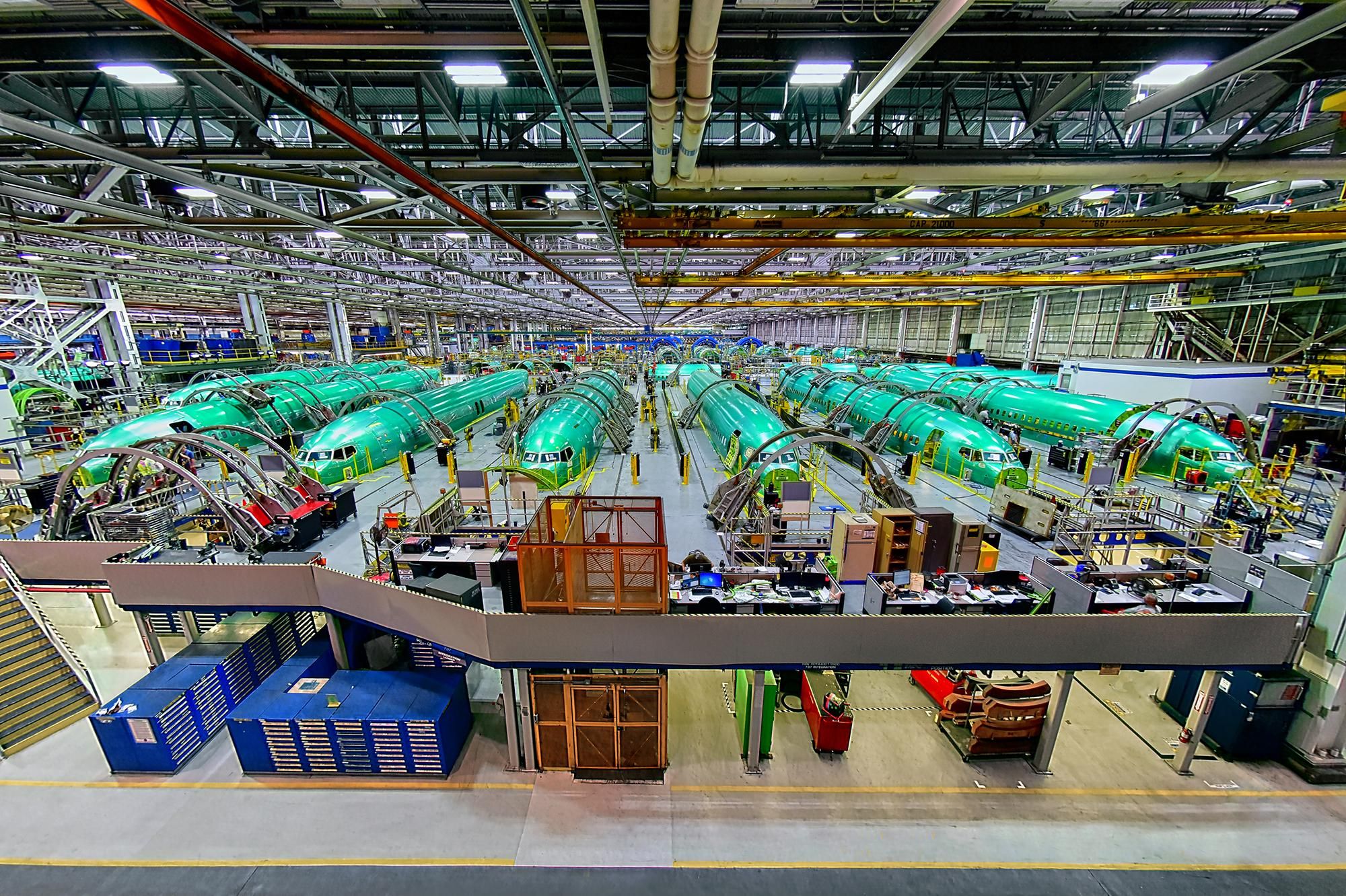
Related
Boeing 737 MAX Fuselage Supplier Spirit AeroSystems Suffers Greater Q1 Financial Loss Than Analysts Predicted
Negotiations with Boeing and Airbus drove financial losses in the first quarter.
Ensuring continuity
Nevertheless, in a letter announcing Boeing’s acquisition of Spirit AeroSystems, David Calhoun, the president and CEO of Boeing, emphasized the commercial work that the two companies have been doing together. With the acquisition, Boeing aimed to align the pair’s safety and quality management systems fully since it provided an opportunity to bring back critical aircraft manufacturing work into its factories, where Boeing and Spirit AeroSystems engineers and mechanics can work seamlessly together.
“As part of the transaction, Boeing will work with Spirit to ensure the continuity of operations supporting Spirit’s customers and programs we acquire, including working with the U.S. Department of Defense and Spirit defense customers regarding defense and security missions.”
However, Boeing’s latest legal issues could also spell trouble for the manufacturer’s and supplier’s work with the US government. After the US Department of Justice had found that Boeing violated its deferred prosecution agreement (DPA) that was related to the two fatal 737 MAX crashes, the DOJ has mulled whether to prosecute the aircraft manufacturer.
Photo: Unaccompanied Media | Shutterstock
Sources have told Reuters that the DOJ would offer a plea deal to Boeing if it would admit to being guilty, which comes with certain strings being attached, including a $243 million fine and audits by an external party. Yet a felony conviction could prevent the manufacturer from working with the US government contracts.
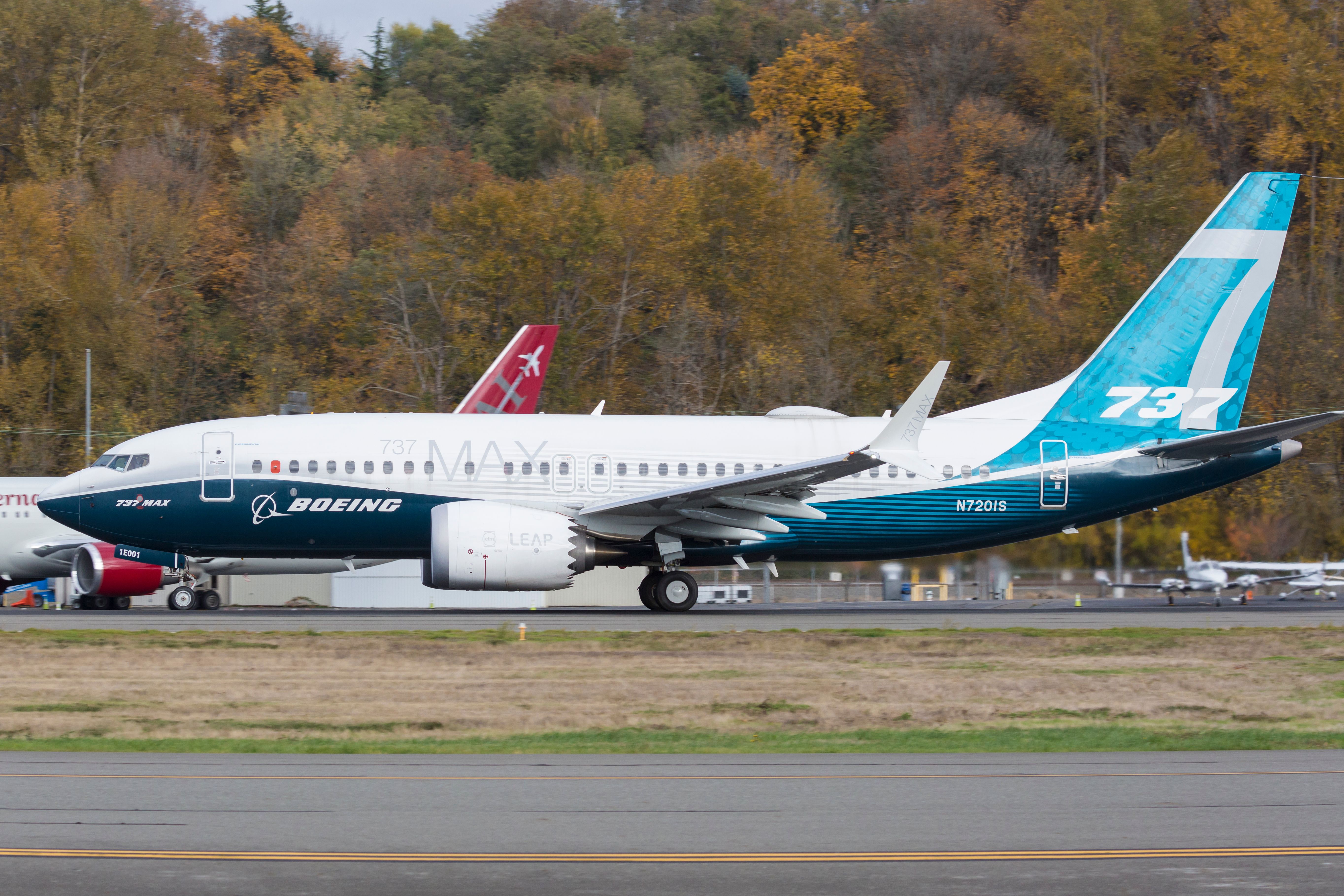
Related
Boeing’s New DOJ Proposed Plea Deal Could Put Defense Programs In Peril
Being convicted of a felony could harm Boeing’s government contracts.
Buying Spirit AeroSystems
The two companies had amitted discussions over a potential deal for Boeing to acquire Spirit AeroSystems, which was happening in March. At the time, both emphasized that there was no final agreement and that these were still early stages of negotiations for a potential deal.
Photo: Randall Erickson | Shutterstock
On July 1, Boeing announced that it had reached a definitive agreement to purchase Spirit AeroSystems in an all-stock acquisition of $4.7 billion, with the former also assuming the latter’s debt, taking the total value of the agreement to $8.3 billion. At the same time, Airbus and Spirit AeroSystems agreed that the latter would pay the former $559 million for the sites that build parts for Airbus aircraft.
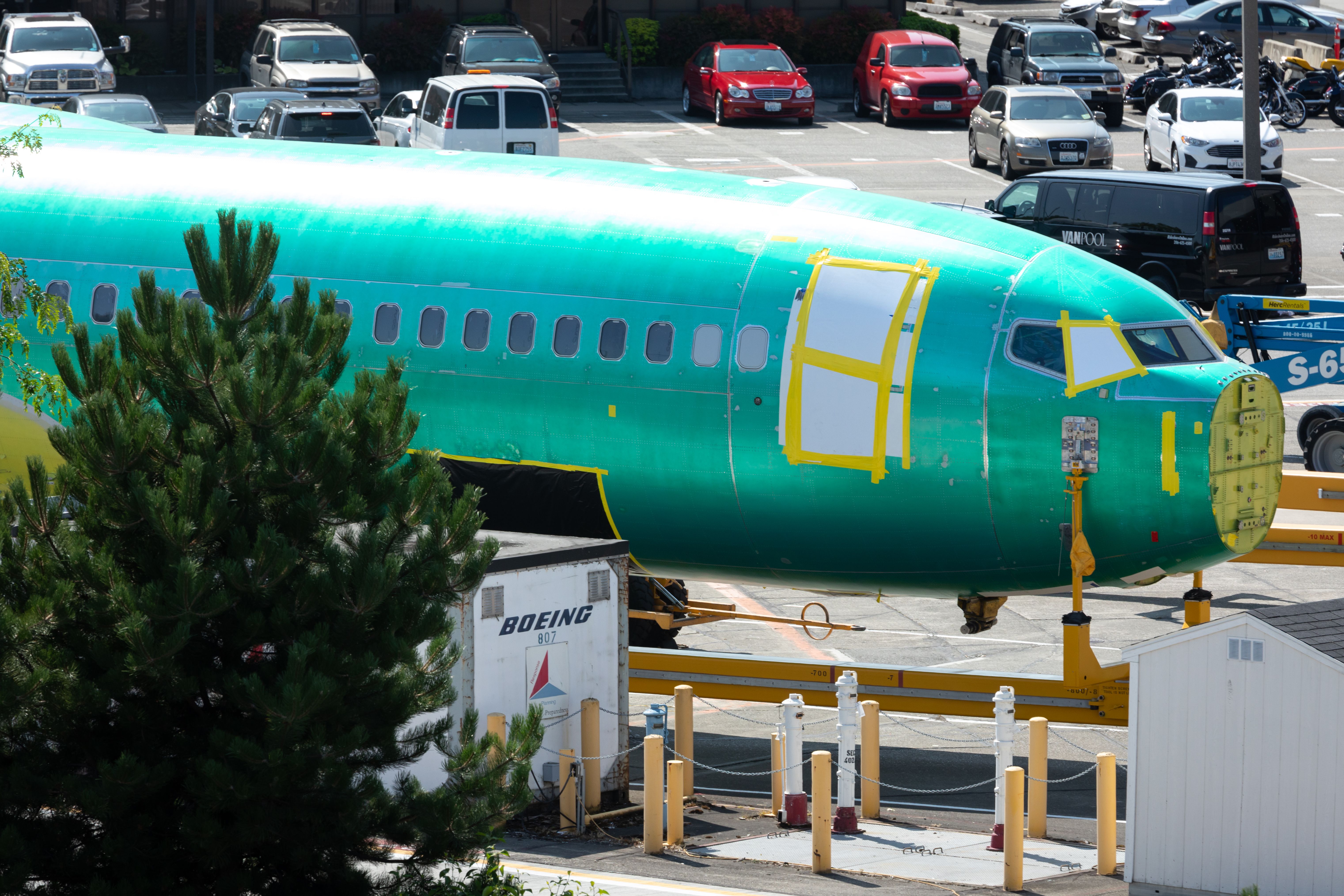
Related
Boeing Will Buy Spirit AeroSystems For $4.7 Billion In Stock & Airbus Enters $559 Million Agreement For Its Parts
Boeing is in the final stages of acquiring its once-owned sites in Wichita, Kansas, which have been operating as Spirit AeroSystems.

